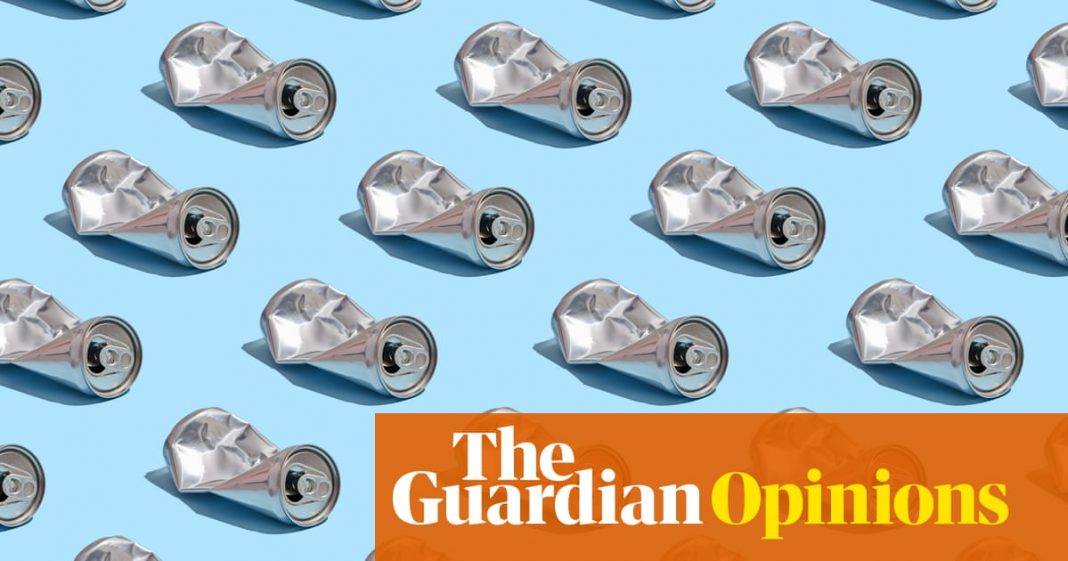About 18 months back, British youth were in the midst of a Prime craze. Pushed by YouTube influencers Logan Paul and KSI, this brightly coloured energy drink sparked a buying frenzy that left parents puzzled. Not only by the high price, or the resale sites that took advantage of scarcity and acted as a kind of ticket tout for the beverages, but also the desperation that children and teens apparently felt to consume this product. It’s not just Prime. Shops are full of energy drinks, often marketed at young people.
In response to growing health concerns over their consumption, the UK government recently announced that the sale of energy drinks to anyone under the age of 16 will be banned in England. Wes Streeting, the health secretary, pointed to their links to obesity, poor concentration and disrupted sleep patterns as key reasons for the policy. He said: “Energy drinks might seem harmless but the sleep, concentration and wellbeing of today’s kids are all being impacted, while high-sugar versions damage their teeth and contribute to obesity.” Sodas fall into this category too, but at the core of the debate about energy drinks is one common stimulant that few of us think twice about: caffeine.
Caffeine is a psychoactive drug that activates the central nervous system. While most adults can consume it in reasonably moderate amounts without harm (think of coffee, tea or dark chocolate) children and adolescents process it differently. Their developing bodies are more sensitive to certain drugs because in those years, the brain is considered “plastic” – easily moulded by environmental factors. And there is a good body of evidence that suggests younger brains are seriously affected by caffeine.
One of the most robust studies comes from the US, where the data of almost 12,000 children aged nine and 10 was analysed from the adolescent brain cognitive development study. It followed these children over time to look at the impact of various substances, including caffeine, on brain performance including vocabulary comprehension, reading decoding, inhibitory control, working memory, cognitive flexibility, processing speed and episodic memory. They found that caffeine intake negatively impacted all seven cognitive measures, even adjusting for age, gender, sleep and socioeconomic status.
The US study’s authors are quite clear in their conclusions, noting: “We advise parents to control their children’s intake of beverages with caffeine to reduce the risk of interference with normal cognitive development.” Similarly, the American Academy of Pediatrics strongly advises that individuals under 18 avoid caffeinated energy or sports drinks.
Studies from Australia, Portugal and south-west England show similar negative impacts on brain development and mood.
But this is also about how much we consume, right? So how much caffeine is detrimental to health? The European Food Safety Authority’s guidance is that a caffeine dose above 3mg per kilogram of body weight has adverse effects in children (and adults). That means a 10-year-old weighing 30kg could experience cognitive impact, sleep disruption or an elevated heart rate from just 90mg of caffeine. Yet most energy drinks contain significantly more than that. For example, a single can of Prime has 200mg, compared with an eight-ounce cup of coffee (95mg) or tea (50mg), a can of Coke (34mg) or a can of Diet Coke (46mg).
The high levels of caffeine in energy drinks and the risk to child and adolescent health are at the core of England’s proposed ban. Some will argue that this should be a matter for parents, not government intervention. But that argument breaks down in the face of marketing, especially on TikTok, YouTube and Instagram. Some of these products are aggressively promoted online, often by influencers, who children may listen to more than their parents or teachers. The packaging blurs the line between being sports drinks (ie something that’s good for performance and your body) and energy drinks; children can buy the latter easily on their way to school or during lunch breaks. Expecting parents – individually – to control this is both unrealistic and unfair.
Of course, even if they were banned for young people, parents could just buy these drinks and give them to children. We know that enforcement can be patchy. But for parents short on time and influence, the proposed ban signals that these drinks are not harmless, and that just because something is popular doesn’t mean it’s safe.
after newsletter promotion
In situations like this, the government’s role is not to micromanage, but to act as a filter between commercial interests and vulnerable populations, including children and adolescents. Parents and consumers rely on the state to sift through scientific evidence, assess safety and regulate products that may do harm. When that process works well, it protects public health and allows us all to have one less thing to think about when choosing what to eat and drink in stores. The decision to ban energy drinks for under-16s shows that governments – grounded in evidence, informed by the medical community and acting in the public interest – can legislate in a positive way for people’s health.


